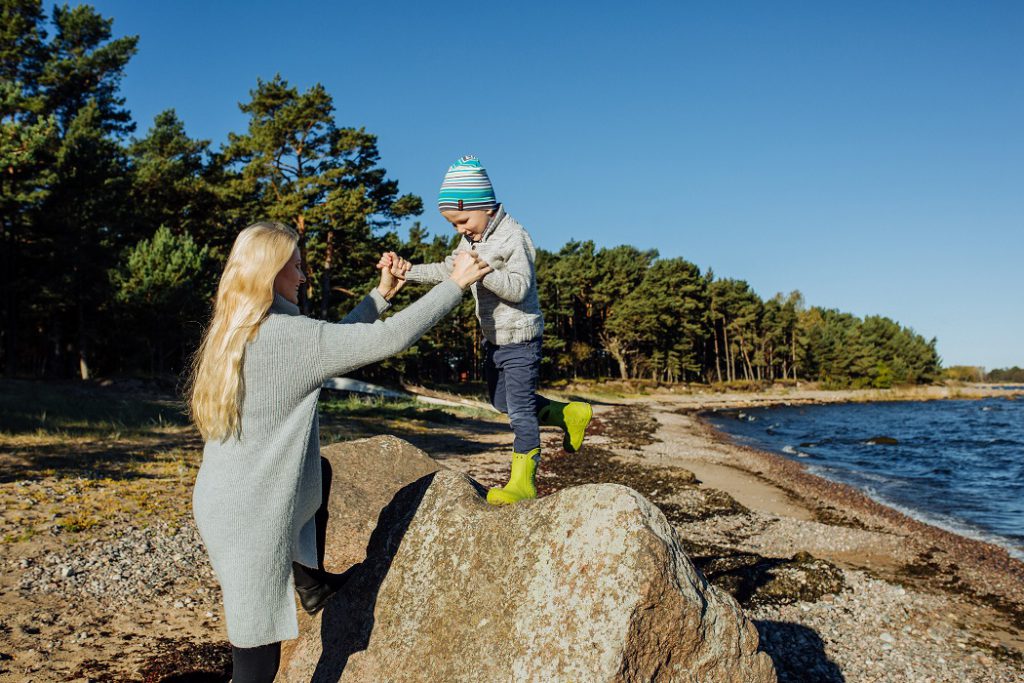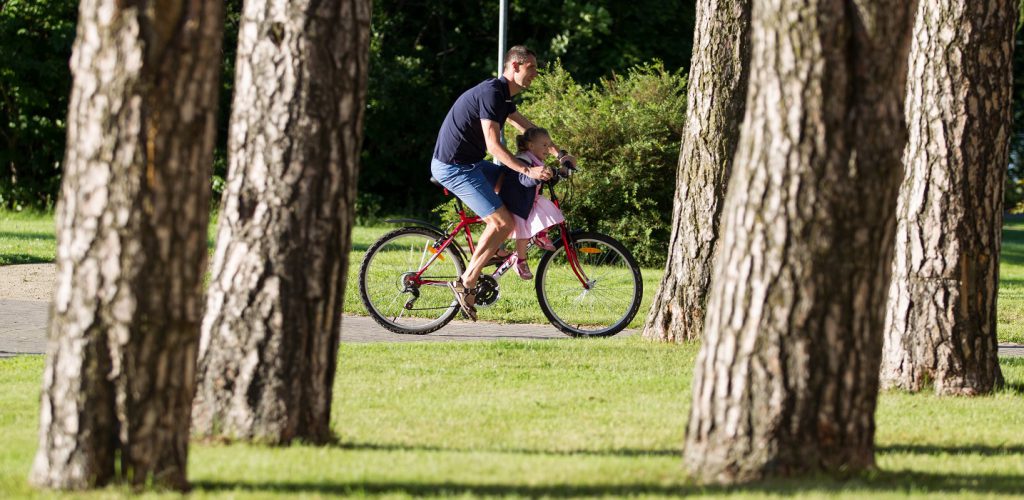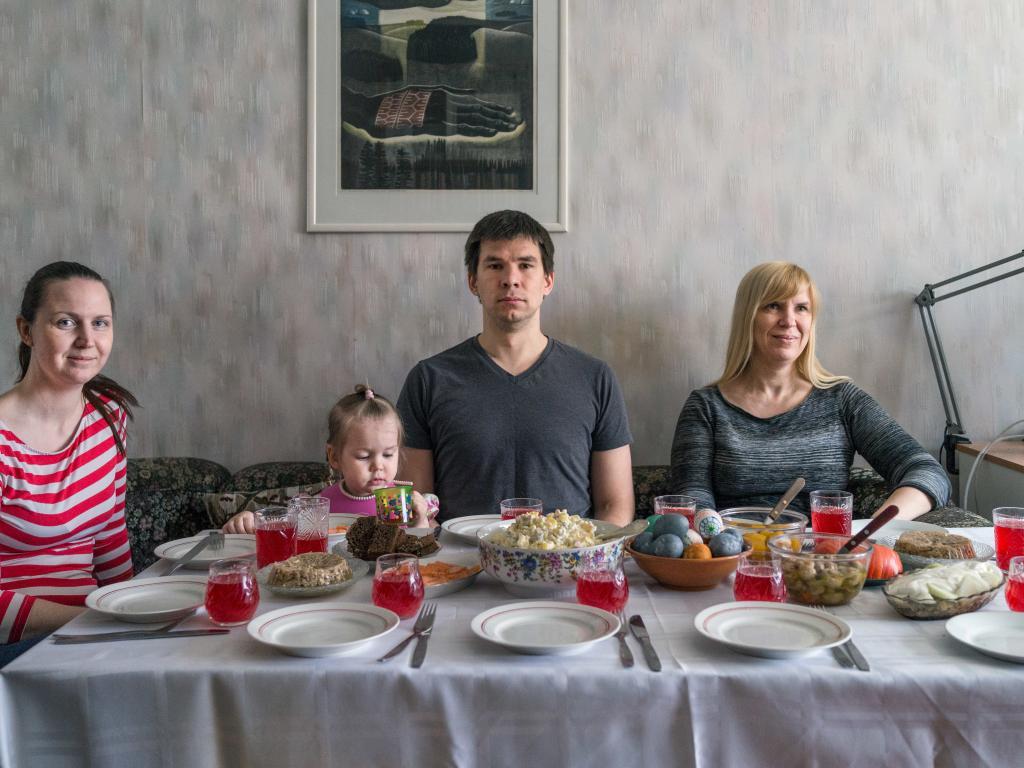Estonia is one of the most family-friendly countries in the European Union and the Organisation for Economic Co-operation and Development, according to a new report by UNICEF, the United Nations Children’s Fund.
Estonia, Sweden, Norway, Iceland and Portugal offer the best family-friendly policies among 31 rich countries with available data, the report states. Switzerland, Greece, Cyprus, the United Kingdom and Ireland rank the lowest.
The report ranks countries across the OECD and the EU, based on their national family-friendly policies. These policies include the duration of parental leave at full pay equivalent, and childcare services for children aged between zero and six.
The report is part of UNICEF’s early childhood development policy and programmatic work and Early Moments Matter campaign, now in its third year, which aims to support families in providing their young children with the nurturing environment and stimulating experiences needed for healthy brain development, the organisation said in a statement.
Governments have to help parents create a nurturing environment
“There is no time more critical to children’s brain development – and therefore their futures – than the earliest years of life,” the executive director of UNICEF, Henrietta Fore, said in a statement. “We need governments to help provide parents with the support they need to create a nurturing environment for their young children. And we need the support and influence of the private sector to make this happen.”
Family-friendly policies strengthen the bond between parents and their children, which is critical for the development of families and socially cohesive societies, the organisation noted.

“UNICEF advocates for at least six months of paid leave for parents and for universal access to quality, affordable childcare from birth to children’s entry into the first grade of school,” its statement said.
Taking a closer look at parental leave at full pay equivalent in 41 countries, the organisation asserts that only half of countries in the EU and the OECD offer at least six months of leave at full pay for mothers.
Many fathers don’t take paternity leave, even when offered
“Estonia offers mothers the longest duration of leave at full pay at 85 weeks, followed by Hungary (72 weeks) and Bulgaria (65 weeks). The United States is the only country included in the analysis with no national paid leave policy for mothers or fathers.”
The report also finds that even when fathers are offered paid leave, many do not take it. “In Japan, the only country that offers at least six months at full pay for fathers, only one in 20 took paid leave in 2017,” UNICEF said. “The Republic of Korea has the second longest, yet fathers only make up one in six of all parents who take parental leave.”

Paid paternity leave helps fathers to bond with their babies, contributes to healthy infant and child development, lowers maternal depression and increases gender equality, the report says. It calls for national policies ensuring paid paternity leave and encouraging fathers to use it.
For some parents looking for childcare options once they are ready to return to work, affordability is the biggest barrier. According to data from 29 countries, parents of young children in the United Kingdom were the most likely to cite cost as the reason why they do not use childcare centres more. However, in the Czech Republic, Denmark and Sweden, cost was an issue for less than one in 100 parents who said they had an unmet need for childcare services, according to the report.
An Estonian family in Annelinn, Tartu. Photo by Tõnu Runnel.

